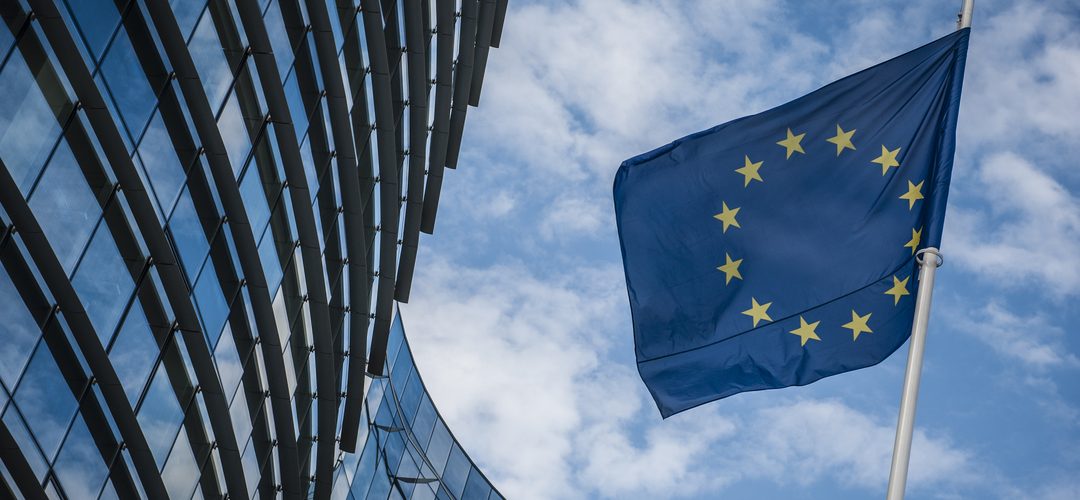Despite how strong or speedy the general market dip is taking place, the technology which stands below cryptocurrencies is being tested and used by many governments, financial institutions and individuals in a global-range.
Riding the same train, resources are being committed by the European Commission for developments support of Blockchain Technology in the EU forming a Blockchain Forum and Observatory.
And just to know, this is not the first time that the European Commission pays attention to blockchain technology. Since 2013 that the EC is funding different projects through various research programs. We can mention the FP7 and Horizon 2020.
The European Commission has set up a Blockchain Observatory and Forum that will closely follow and monitor Blockchain projects in the EU.
The technology itself as mentioned above is finding use in various sectors – mostly in the financial world. National Bank of Abu Dhabi [NBAD] is the first UAE region bank to use Ripple for completing cross border payment transaction which secures cost effectiveness and higher level of security.
Following up, HCBS, the Royal Bank of Scotland and many more are using blockchain to deliver different services. The shift has been chosen for increased trust, security and traceability.
According to Robert Half Financial Services, ‘85% of financial services executives believe blockchain will have made a genuine impact on the financial services industry by 2022.’ In addition to it, enterprises using blockchain technology have reported benefits compared to these who did not invest in it.
The primary target of the Commission could be to bring all initiatives under the Observatory and Forum so the formation of a patchwork of separate initiatives is deviated.
Mariya Gabriel, commissioner for the digital economy and society said:
“I see blockchain as a game-changer and I want Europe to be at the forefront of its development. We need to establish the right enabling environment – a Digital Single Market for blockchain so that all citizens can benefit, instead of a patchwork of initiatives.”

